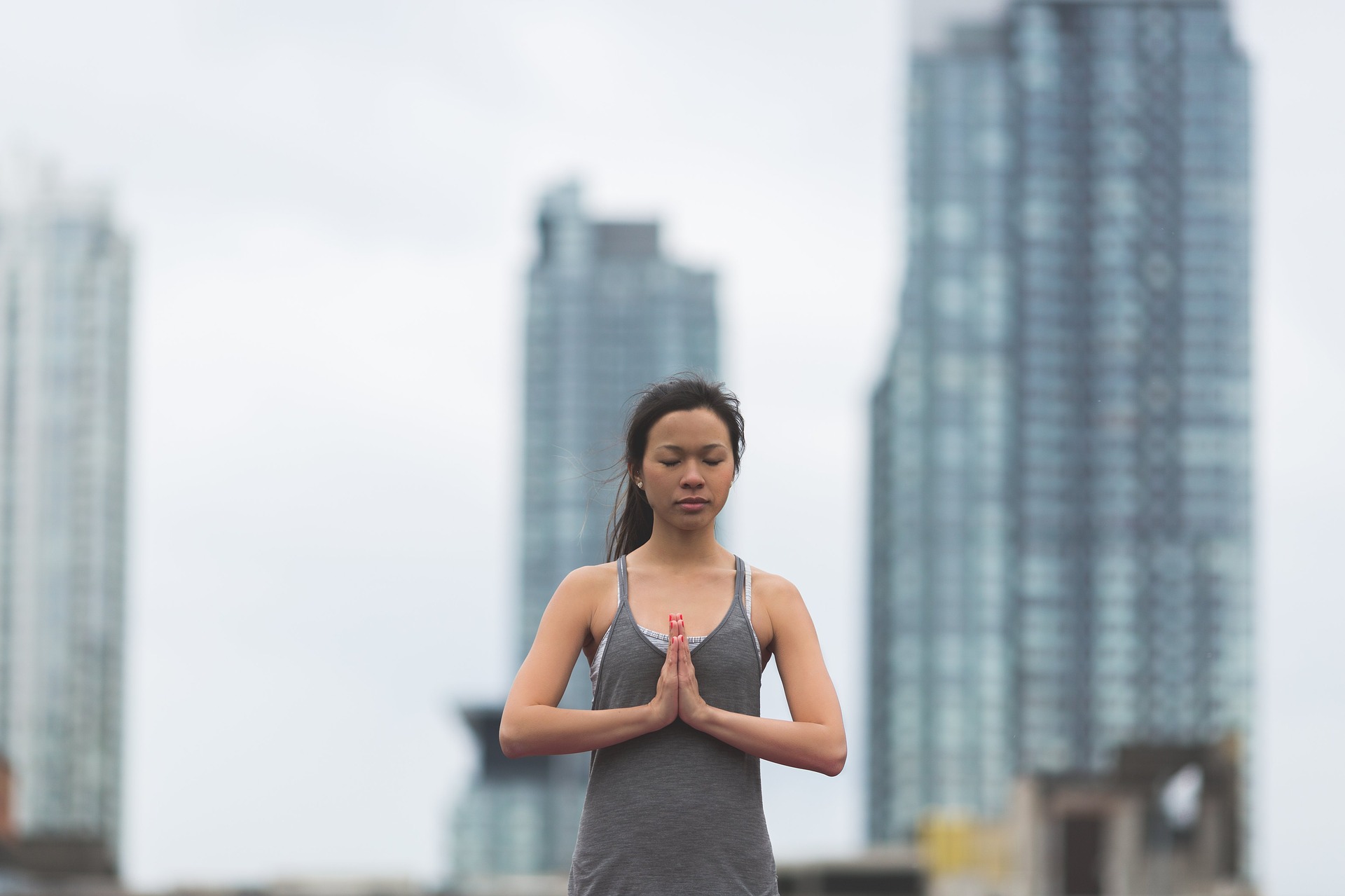
Improving your physical fitness can go hand in hand with your addiction recovery program. Here is how shaping up sets you up for success.
Good for your overall physical health. Adding fitness to your lifestyle has far-reaching body benefits. Exercise can help:
- Lower blood pressure
- Reduce risk of heart disease and stroke
- Lower risk of cancer
- Reduce your chance of developing diabetes
- Lower your risk of developing dementia
- Lower your body weight
Good for your overall mental health. Some studies show that exercise is excellent for boosting your mental health. Being fitter can help in many ways. It may help:
- Reduce stress
- Alleviate anxiety
- Ease symptoms of depression
- Put you in a better mood
- Reduce feelings of loneliness
- Improve sleep
- Increase blood flow to your brain for better clarity
- Enlarge memory capacity
- Protect your brain against illness and injury
- Improve self-esteem
- Improve your ability to learn
Good for your recovery. According to studies cited by Huff Post, exercising can be a boost to your recovery program. When you are recovering from substance abuse, your brain misses the “high” you were getting from drugs. It turns out that exercising can replace that feeling by releasing feel-good chemicals in your brain. Those chemicals alleviate feelings of withdrawal. Exercise also offers a distraction, giving your mind a healthy focalpoint. Similarly, the New York Times explains that some experts believe exercise can make you feel better overall and cause you to crave drugs less frequently.
Choosing a great fitness plan. When deciding what kind of exercise will benefit you most, you should consider options that promote your overall well-being and improve your health for the long term. Incorporating alternative coping methods can be very useful in your recovery program and help avoid relapse. Here are some options:
Meditation. Meditation is recognized by many experts as a terrific tool in your addiction recovery program. Studies suggest that developing your skills in meditation helps you both mentally and physically. Meditation helps you to:
- Increase self-control
- Reduce symptoms of withdrawal
- Develop coping skills
- Reduce stress
- Become more self-aware, which helps you avoid triggers
- Reduce cravings
- Lower depression
- Improve physical well-being
Yoga. According to authorities cited by Social Work Today, yoga is an excellent option for your recovery program. It’s a tool you can use almost anywhere and at any time. It’s also good for you both physically and mentally.
Yoga helps you to:
- Develop self-discipline
- Curb impulses
- Feel empowered
- Develop real-world coping tools
- Improve stamina
- Increase flexibility
- Improve immunity
- Improve overall emotional well-being
Have you thought about involving Fido in your workout routine? “Doga” is yoga for you and your dog. Some experts suggest partnering up with your furry friend for added benefits. As Dog’s Best Life points out, “Yoga often involves an intense mind-body awareness expressed through breathing techniques and meditative exercises. … Doga can be a way to deepen the emotional bond between pet and owner while at the same time accomplishing goals involving flexibility or rehabilitation for one or both.”
Swimming. Some experts feel swimming can be a big benefit to addiction recovery, helping both your mental and physical health. While any exercise has certain physical benefits, it appears swimming may be especially good for you. Swimming helps to:
- Lower your stress level
- Put you in a better mood
- Sleep better
- Decrease anxiety
- Reduce depression
- Enhance your self-worth
- Feel more satisfied with your life
- Improve your aerobic health
Shaping up. Exercise is a great tool in your recovery program. Not only is working out good for your overall physical health, it’s beneficial to your overall mental health and helps you maintain a healthy lifestyle. Consider an alternative method to develop your coping skills. Shaping up during your recovery sets you up for success.
Photo credit: Pixabay
